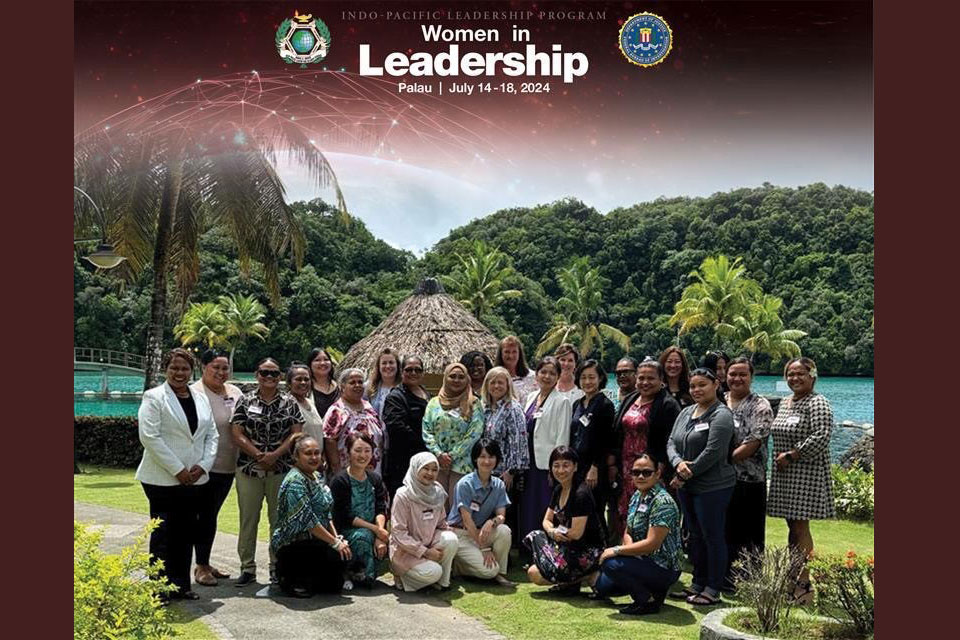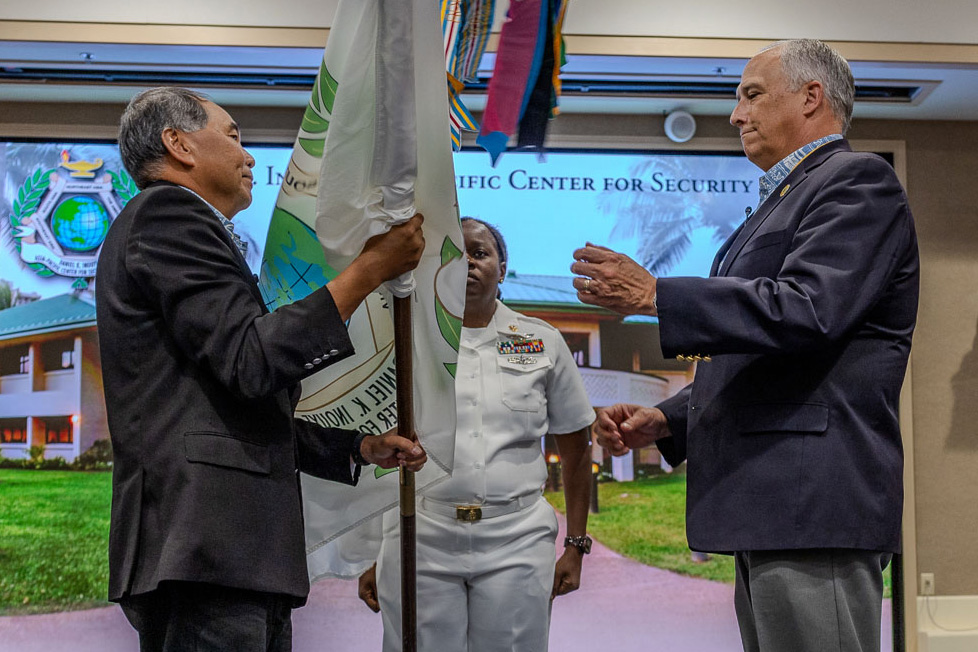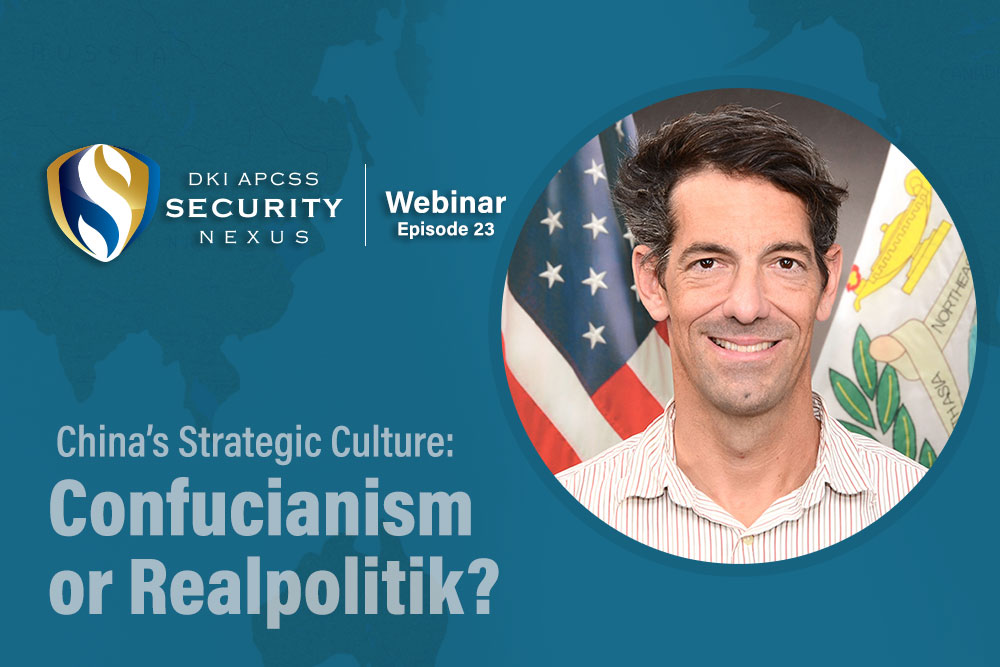“A Health Security Pandemic Checklist for Developing Nations and Donors” is a new OpEd coauthored by DKI APCSS professor Dr. Deon Canyon and Research Analyst at the University of California San Francisco Dr. Sebastian Kevany, for Security Nexus. In this paper, the authors provide a checklist for some of the measures that were proven effective during the COVID-19 pandemic and how developing countries may apply those measures to local conditions.
Excerpt:
The COVID-19 pandemic presents as a global, complex, public health emergency that varies in impact due to geography, variations in virulence over time and space, response preparation times, available resources, culture, religion, and a host of other possible confounders. Response systems that have shown encouraging quantitative results in one nation may thus be ineffective, or even counterproductive in other places. Developed nations have responded in a variety of ways with mixed results. They thus do not have much to teach developing nations that would assist them in their preparations for the current global pandemic. There are too many variables in play. One might argue that the more serious effects of COVID-19 infection are experienced by those who manifest comorbidities associated with more affluent developed nations such as, diabetes, obesity, and heart conditions. If this is a disease of affluence rather than poverty, draconian policies will be less cost-effective in developing nations.
Dr. Deon Canyon is a professor at the Daniel K Inouye Asia-Pacific Center for Security Studies. The views expressed in this article are his own.
Security Nexus is a peer-reviewed, online journal published by the Daniel K. Inouye Asia-Pacific Center for Security Studies.
-END-










Leave A Comment